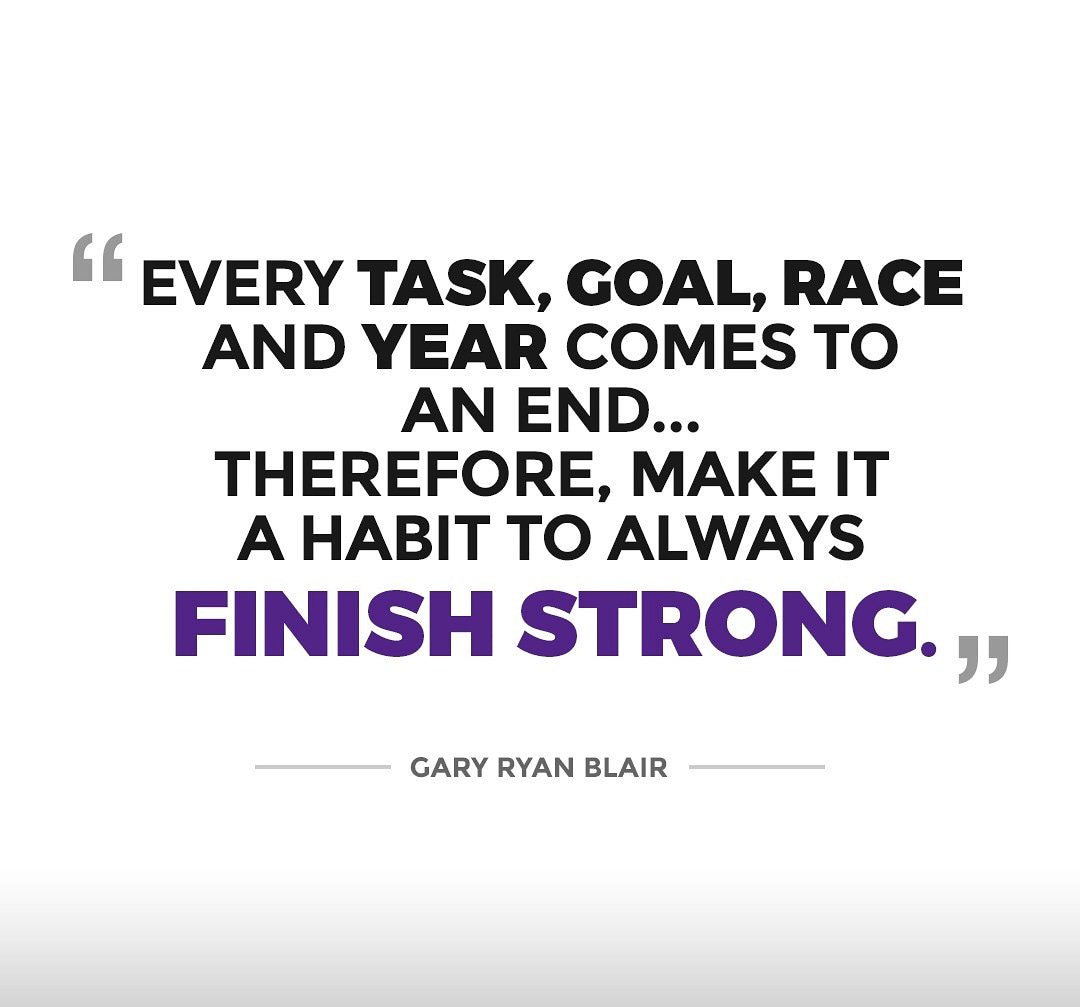Honours+ Finishers website
Dear Honours+ students and Supervisors,
Congratulations on the completion of your challenges and thank you all for another great year of Honours+.
We want to thank you and applaud you for your flexibility, resilience, self management skills and creative problem solving. We hope all the valuable lessons you learned, the useful knowledge you gained, and all the skills you (further) developed, serve you well in all your future endeavors.
Kind regards,
Honours+ Central Management Team

Challenge outcome: pitch & poster
The Honours+ programme is concluded with a round of pitches, during which each team presents their findings with regards to the team challenge to the other Honours+ students, and a jury. Each teams also designs a poster to visualize their findings. The best presentation and poster within every challenge topic will win a team prize.
The team challenges are based upon the Dutch National Research Agenda, and UN’s SDG’s.
Below, this year’s Honours+ students inform the H+ community what potential solution they found (applied research challenges) or what new and value-adding knowledge to the already existing knowledge on this topic their team uncovered (theoretical research challenges).
How can we promote and create social cohesion in a diverse society?
This challenge has an applied research focus. Therefore, the students’ aim is directed towards providing a solution to specific problems or an attempt to solve these problems. The research is not done for its own sake, but with the specific aim of solving the problem. It is research that can be applied to real-life situations. It studies a particular set of circumstances, so as to relate the results to its corresponding circumstances.
What is the inequality problem?
This challenge has a theoretical research focus. Therefore, the students’ aim with the challenge is to contribute to the advancement in scientific knowledge for the complete understanding of a topic or certain phenomenon. It is completely theoretical, and focuses on basic principles and testing theories. These challenges are aligned towards collecting information that has universal applicability. Therefore, it aims to adding new knowledge to the already existing knowledge.
How do the old and new media influence individuals and society?
This challenge has a theoretical research focus. Therefore, the students’ aim with the challenge is to contribute to the advancement in scientific knowledge for the complete understanding of a topic or certain phenomenon. It is completely theoretical, and focuses on basic principles and testing theories. These challenges are aligned towards collecting information that has universal applicability. Therefore, it aims to adding new knowledge to the already existing knowledge.
How do we improve the quality and availability of health care as much as possible while keeping it affordable?
This challenge has an applied research focus. Therefore, the students’ aim is directed towards providing a solution to specific problems or an attempt to solve these problems. The research is not done for its own sake, but with the specific aim of solving the problem. It is research that can be applied to real-life situations. It studies a particular set of circumstances, so as to relate the results to its corresponding circumstances.
What is the impact of new technologies on humans and society?
This challenge has a theoretical research focus. Therefore, the students’ aim with the challenge is to contribute to the advancement in scientific knowledge for the complete understanding of a topic or certain phenomenon. It is completely theoretical, and focuses on basic principles and testing theories. These challenges are aligned towards collecting information that has universal applicability. Therefore, it aims to adding new knowledge to the already existing knowledge.
How can we deal with the impact of climate change on life on Earth?
This challenge has an applied research focus. Therefore, the students’ aim is directed towards providing a solution to specific problems or an attempt to solve these problems. The research is not done for its own sake, but with the specific aim of solving the problem. It is research that can be applied to real-life situations. It studies a particular set of circumstances, so as to relate the results to its corresponding circumstances.






